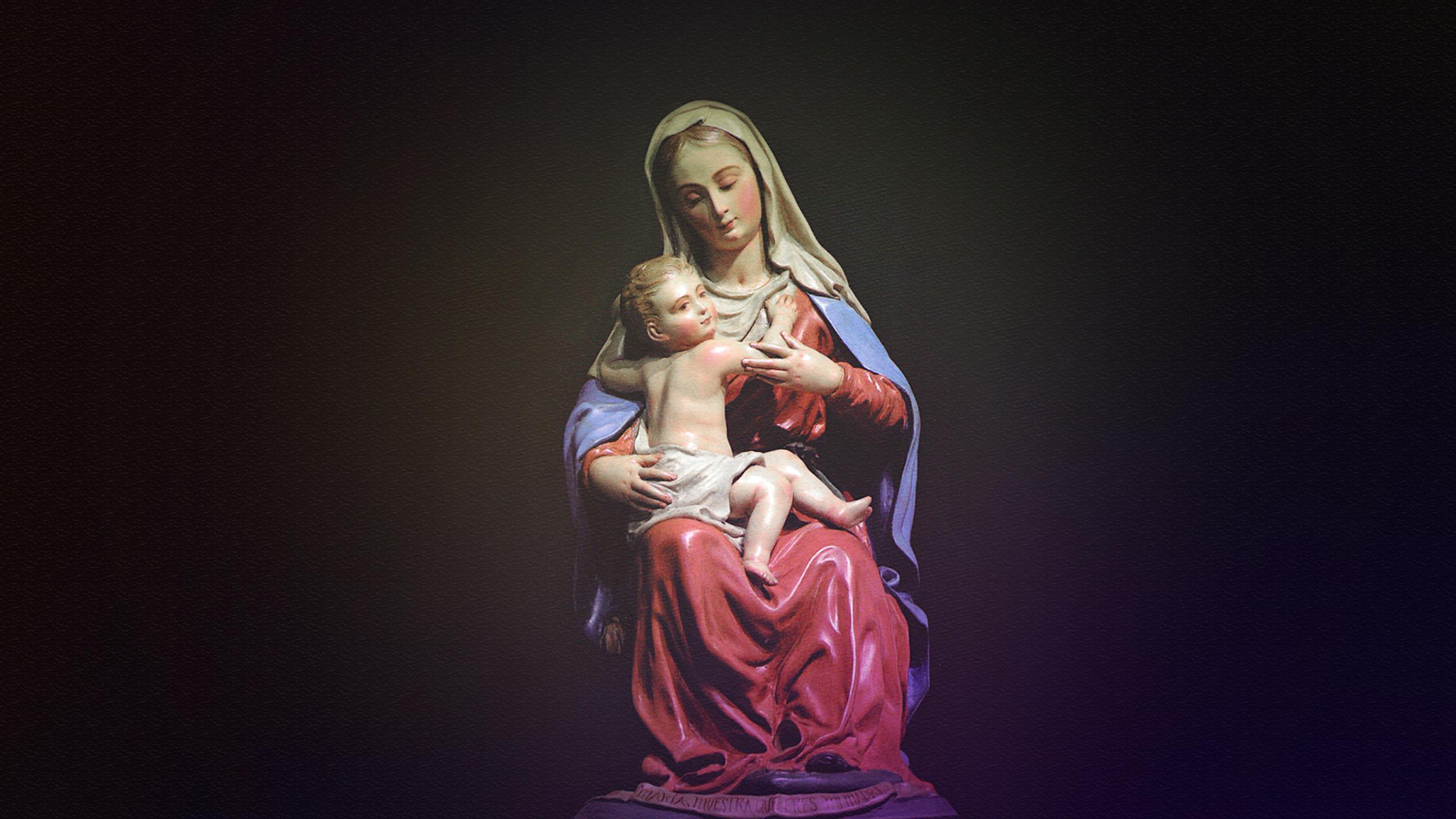The verse from Job 25:4, which questions how one born of a woman can be clean or justified before God, raises an important theological question in light of the Christian belief in Jesus Christ’s sinlessness. According to Christian doctrine, Jesus is both fully God and fully man, a concept known as the hypostatic union. This doctrine is central to understanding how Jesus, though born of a woman, is without sin.
The Gospel of Luke provides insight into the conception of Jesus, stating that He was conceived by the Holy Spirit. Luke 1:35 says, “The angel answered, ‘The Holy Spirit will come on you, and the power of the Most High will overshadow you. So the holy one to be born will be called the Son of God.’” This divine conception means that Jesus did not inherit sin nature passed through Adam, which is a core aspect of the doctrine of original sin affecting all humans.
Furthermore, the New Testament speaks directly to the sinlessness of Jesus. Hebrews 4:15 states, “For we do not have a high priest who is unable to empathize with our weaknesses, but we have one who has been tempted in every way, just as we are—yet he did not sin.” This verse underlines the belief that, despite being fully human and experiencing temptation, Jesus remained without sin.
The sinlessness of Jesus is foundational to Christian theology because it underpins the belief in His ability to be the perfect sacrifice for the sins of humanity. As 2 Corinthians 5:21 explains, “God made him who had no sin to be sin for us, so that in him we might become the righteousness of God.” This means that through Jesus’ sacrificial death and resurrection, believers are justified before God, not through their own righteousness, but through faith in Jesus Christ.
Thus, while Job 25:4 reflects a broader biblical theme about the impossibility of human beings achieving purity or righteousness on their own, the New Testament presents Jesus as the unique solution to this dilemma. Through His divine conception and sinless life, Jesus fulfills the requirements for humanity’s reconciliation with God, offering a way for people to be made right with God despite their inherent sinfulness.





Leave a Reply